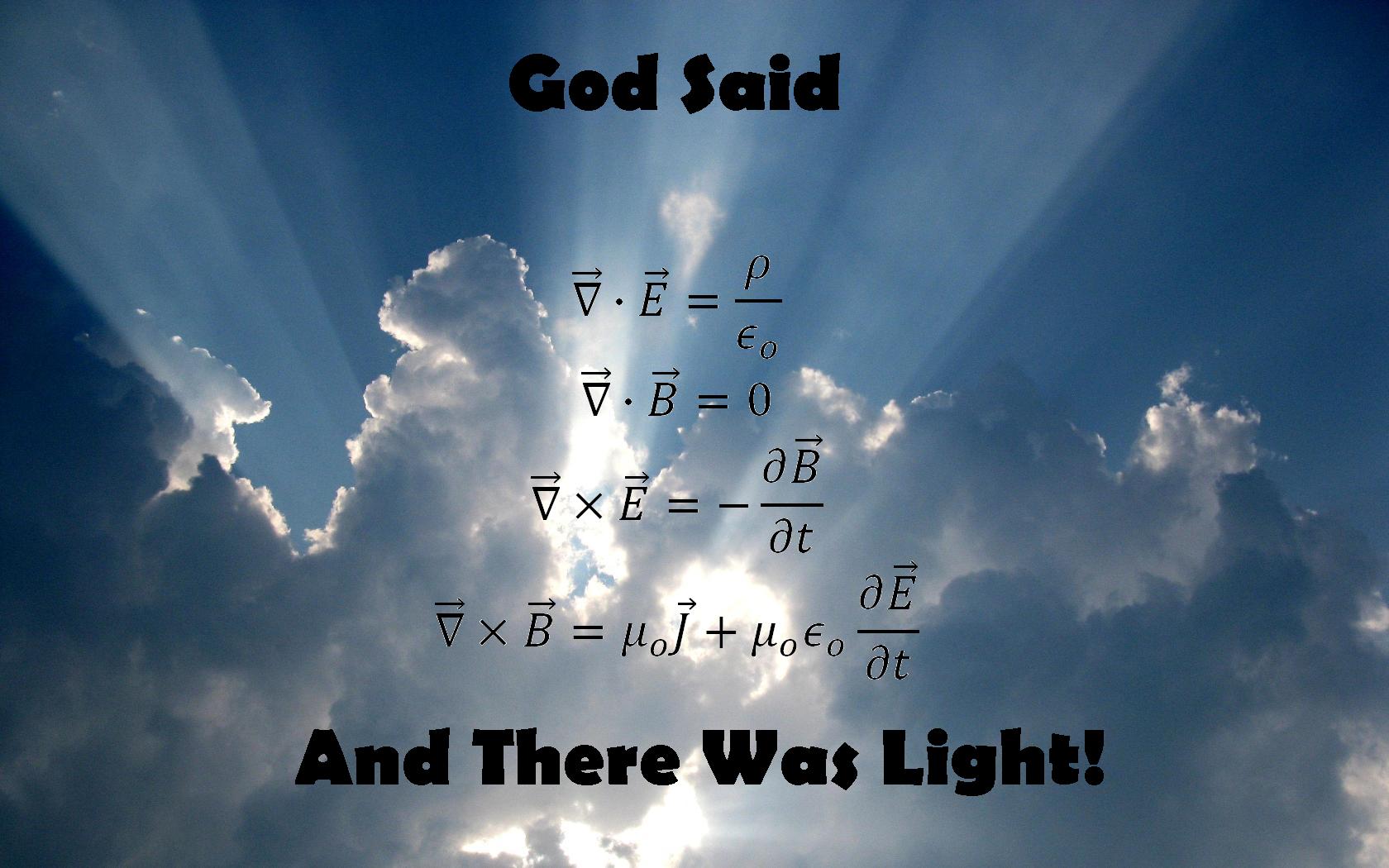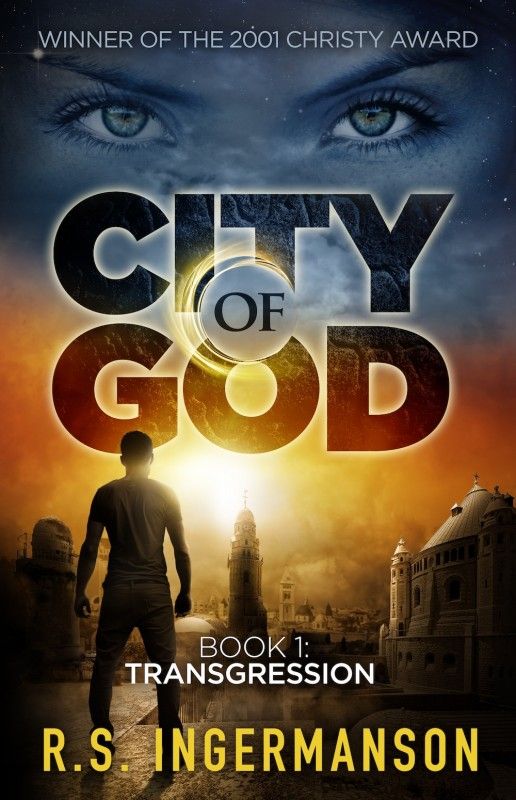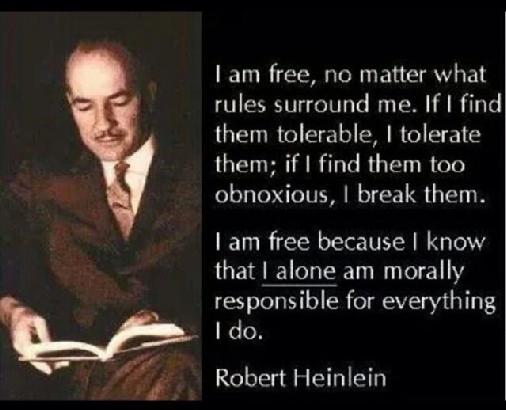10:1 Verily, verily, I say unto you, He that entereth not by the door into the sheepfold , but climbeth up some other way, the same is a thief and a robber. 2 But he that entereth in by the door is the shepherd of the sheep. 3 To him the porter openeth ; and the sheep hear his voice: and he calleth his own sheep by name, and leadeth them out . 4 And when he putteth forth his own sheep, he goeth before them, and the sheep follow him: for they know his voice. 5 And a stranger will they not follow , but will flee from him: for they know not the voice of strangers. 6 This parable spake Jesus unto them: but they understood not what things they were which he spake unto them. 7 Then said Jesus unto them again, Verily, verily, I say unto you , I am the door of the sheep. 8 All that ever came before me are thieves and robbers: but the sheep did not hear them. 9 I am the door: by me if any man enter in , he shall be saved , and shall go in and out , and find pasture. 10 The thief cometh not, but for to steal , and to kill , and to destroy : I am come that they might have life, and that they might have it more abundantly. 11 I am the good shepherd: the good shepherd giveth his life for the sheep. 12 But he that is an hireling, and not the shepherd, whose own the sheep are not, seeth the wolf coming , and leaveth the sheep, and fleeth : and the wolf catcheth them, and scattereth the sheep. 13 The hireling fleeth , because he is an hireling, and careth not for the sheep. 14 I am the good shepherd, and know my sheep, and am known of mine. 15 As the Father knoweth me, even so know I the Father: and I lay down my life for the sheep. 16 And other sheep I have , which are not of this fold: them also I must bring , and they shall hear my voice; and there shall be one fold, and one shepherd. 17 Therefore doth my Father love me, because I lay down my life, that I might take it again. 18 No man taketh it from me, but I lay it down of myself. I have power to lay it down , and I have power to take it again. This commandment have I received of my Father. 19 There was a division therefore again among the Jews for these sayings. 20 And many of them said , He hath a devil, and is mad ; why hear ye him? 21 Others said , These are not the words of him that hath a devil . Can a devil open the eyes of the blind? 22 And it was at Jerusalem the feast of the dedication, and it was winter. 23 And Jesus walked in the temple in Solomon's porch. 24 Then came the Jews round about him, and said unto him, How long dost thou make us to doubt? If thou be the Christ, tell us plainly. 25 Jesus answered them, I told you, and ye believed not: the works that I do in my Father's name, they bear witness of me. 26 But ye believe not, because ye are not of my sheep, as I said unto you. 27 My sheep hear my voice, and I know them, and they follow me: 28 And I give unto them eternal life; and they shall never perish , neither shall any man pluck them out of my hand. 29 My Father, which gave them me, is greater than all; and no man is able to pluck them out of my Father's hand. 30 I and my Father are one. 31 Then the Jews took up stones again to stone him. 32 Jesus answered them, Many good works have I shewed you from my Father; for which of those works do ye stone me? 33 The Jews answered him, saying , For a good work we stone thee not; but for blasphemy; and because that thou, being a man, makest thyself God. 34 Jesus answered them, Is it not written in your law, I said , Ye are gods? 35 If he called them gods, unto whom the word of God came , and the scripture cannot be broken ; 36 Say ye of him, whom the Father hath sanctified , and sent into the world , Thou blasphemest ; because I said , I am the Son of God? 37 If I do not the works of my Father, believe me not. 38 But if I do , though ye believe not me, believe the works: that ye may know , and believe , that the Father is in me, and I in him. 39 Therefore they sought again to take him: but he escaped out of their hand, 40 And went away again beyond Jordan into the place where John at first baptized ; and there he abode . 41 And many resorted unto him, and said , John did no miracle: but all things that John spake of this man were true. 42 And many believed on him there.
11:1 Now a certain man was sick , named Lazarus, of Bethany , the town of Mary and her sister Martha. 2 (It was that Mary which anointed the Lord with ointment, and wiped his feet with her hair, whose brother Lazarus was sick .) 3 Therefore his sisters sent unto him, saying , Lord, behold, he whom thou lovest is sick . 4 When Jesus heard that, he said , This sickness is not unto death, but for the glory of God, that the Son of God might be glorified thereby . 5 Now Jesus loved Martha, and her sister, and Lazarus. 6 When he had heard therefore that he was sick , he abode two days still in the same place where he was . 7 Then after that saith he to his disciples, Let us go into Judaea again. 8 His disciples say unto him, Master, the Jews of late sought to stone thee; and goest thou thither again? 9 Jesus answered , Are there not twelve hours in the day? If any man walk in the day, he stumbleth not, because he seeth the light of this world. 10 But if a man walk in the night, he stumbleth , because there is no light in him. 11 These things said he: and after that he saith unto them, Our friend Lazarus sleepeth ; but I go , that I may awake him out of sleep . 12 Then said his disciples, Lord, if he sleep , he shall do well . 13 Howbeit Jesus spake of his death: but they thought that he had spoken of taking of rest in sleep. 14 Then said Jesus unto them plainly, Lazarus is dead . 15 And I am glad for your sakes that I was not there, to the intent ye may believe ; nevertheless let us go unto him. 16 Then said Thomas, which is called Didymus, unto his fellowdisciples, Let us also go , that we may die with him. 17 Then when Jesus came , he found that he had lain in the grave four days already. 18 Now Bethany was nigh unto Jerusalem, about fifteen furlongs off: 19 And many of the Jews came to Martha and Mary , to comfort them concerning their brother. 20 Then Martha, as soon as she heard that Jesus was coming , went and met him: but Mary sat still in the house. 21 Then said Martha unto Jesus, Lord, if thou hadst been here, my brother had not died . 22 But I know , that even now, whatsoever thou wilt ask of God, God will give it thee. 23 Jesus saith unto her, Thy brother shall rise again . 24 Martha saith unto him, I know that he shall rise again in the resurrection at the last day. 25 Jesus said unto her, I am the resurrection, and the life: he that believeth in me, though he were dead , yet shall he live : 26 And whosoever liveth and believeth in me shall never die . Believest thou this? 27 She saith unto him, Yea, Lord: I believe that thou art the Christ, the Son of God, which should come into the world. 28 And when she had so said , she went her way , and called Mary her sister secretly, saying , The Master is come , and calleth for thee. 29 As soon as she heard that, she arose quickly, and came unto him. 30 Now Jesus was not yet come into the town, but was in that place where Martha met him. 31 The Jews then which were with her in the house, and comforted her, when they saw Mary, that she rose up hastily and went out , followed her, saying , She goeth unto the grave to weep there. 32 Then when Mary was come where Jesus was , and saw him, she fell down at his feet, saying unto him, Lord, if thou hadst been here, my brother had not died . 33 When Jesus therefore saw her weeping , and the Jews also weeping which came with her, he groaned in the spirit, and was troubled , 34 And said , Where have ye laid him? They said unto him, Lord, come and see . 35 Jesus wept . 36 Then said the Jews, Behold how he loved him! 37 And some of them said , Could not this man, which opened the eyes of the blind, have caused that even this man should not have died ? 38 Jesus therefore again groaning in himself cometh to the grave . It was a cave, and a stone lay upon it. 39 Jesus said , Take ye away the stone. Martha, the sister of him that was dead , saith unto him, Lord, by this time he stinketh : for he hath been dead four days. 40 Jesus saith unto her, Said I not unto thee, that, if thou wouldest believe , thou shouldest see the glory of God? 41 Then they took away the stone from the place where the dead was laid . And Jesus lifted up his eyes, and said , Father, I thank thee that thou hast heard me. 42 And I knew that thou hearest me always: but because of the people which stand by I said it, that they may believe that thou hast sent me. 43 And when he thus had spoken , he cried with a loud voice, Lazarus, come forth. 44 And he that was dead came forth , bound hand and foot with graveclothes: and his face was bound about with a napkin. Jesus saith unto them, Loose him, and let him go . 45 Then many of the Jews which came to Mary, and had seen the things which Jesus did , believed on him. 46 But some of them went their ways to the Pharisees, and told them what things Jesus had done . 47 Then gathered the chief priests and the Pharisees a council, and said , What do we ? for this man doeth many miracles. 48 If we let him thus alone , all men will believe on him: and the Romans shall come and take away both our place and nation. 49 And one of them, named Caiaphas, being the high priest that same year, said unto them, Ye know nothing at all , 50 Nor consider that it is expedient for us, that one man should die for the people, and that the whole nation perish not. 51 And this spake he not of himself: but being high priest that year, he prophesied that Jesus should die for that nation; 52 And not for that nation only, but that also he should gather together in one the children of God that were scattered abroad . 53 Then from that day forth they took counsel together for to put him to death . 54 Jesus therefore walked no more openly among the Jews; but went thence unto a country near to the wilderness, into a city called Ephraim, and there continued with his disciples. 55 And the Jews' passover was nigh at hand: and many went out of the country up to Jerusalem before the passover, to purify themselves. 56 Then sought they for Jesus, and spake among themselves, as they stood in the temple, What think ye, that he will not come to the feast? 57 Now both the chief priests and the Pharisees had given a commandment, that, if any man knew where he were , he should shew it, that they might take him.
12:1 Then Jesus six days before the passover came to Bethany, where Lazarus was which had been dead , whom he raised from the dead. 2 There they made him a supper; and Martha served : but Lazarus was one of them that sat at the table with him. 3 Then took Mary a pound of ointment of spikenard , very costly, and anointed the feet of Jesus, and wiped his feet with her hair: and the house was filled with the odour of the ointment. 4 Then saith one of his disciples, Judas Iscariot, Simon's son, which should betray him, 5 Why was not this ointment sold for three hundred pence, and given to the poor? 6 This he said , not that he cared for the poor; but because he was a thief, and had the bag, and bare what was put therein . 7 Then said Jesus, Let her alone : against the day of my burying hath she kept this. 8 For the poor always ye have with you; but me ye have not always. 9 Much people of the Jews therefore knew that he was there: and they came not for Jesus' sake only, but that they might see Lazarus also, whom he had raised from the dead. 10 But the chief priests consulted that they might put Lazarus also to death ; 11 Because that by reason of him many of the Jews went away , and believed on Jesus. 12 On the next day much people that were come to the feast, when they heard that Jesus was coming to Jerusalem, 13 Took branches of palm trees, and went forth to meet him, and cried , Hosanna: Blessed is the King of Israel that cometh in the name of the Lord. 14 And Jesus, when he had found a young ass, sat thereon ; as it is written , 15 Fear not, daughter of Sion: behold , thy King cometh , sitting on an ass's colt. 16 These things understood not his disciples at the first: but when Jesus was glorified , then remembered they that these things were written of him, and that they had done these things unto him. 17 The people therefore that was with him when he called Lazarus out of his grave, and raised him from the dead, bare record . 18 For this cause the people also met him, for that they heard that he had done this miracle. 19 The Pharisees therefore said among themselves, Perceive ye how ye prevail nothing ? behold, the world is gone after him. 20 And there were certain Greeks among them that came up to worship at the feast: 21 The same came therefore to Philip, which was of Bethsaida of Galilee, and desired him, saying , Sir, we would see Jesus. 22 Philip cometh and telleth Andrew: and again Andrew and Philip tell Jesus. 23 And Jesus answered them, saying , The hour is come , that the Son of man should be glorified . 24 Verily, verily, I say unto you, Except a corn of wheat fall into the ground and die , it abideth alone: but if it die , it bringeth forth much fruit. 25 He that loveth his life shall lose it; and he that hateth his life in this world shall keep it unto life eternal. 26 If any man serve me, let him follow me; and where I am , there shall also my servant be : if any man serve me, him will my Father honour . 27 Now is my soul troubled ; and what shall I say ? Father, save me from this hour: but for this cause came I unto this hour. 28 Father, glorify thy name. Then came there a voice from heaven, saying, I have both glorified it, and will glorify it again. 29 The people therefore, that stood by , and heard it, said that it thundered : others said , An angel spake to him. 30 Jesus answered and said , This voice came not because of me, but for your sakes . 31 Now is the judgment of this world: now shall the prince of this world be cast out. 32 And I, if I be lifted up from the earth, will draw all men unto me. 33 This he said , signifying what death he should die . 34 The people answered him, We have heard out of the law that Christ abideth for ever: and how sayest thou , The Son of man must be lifted up ? who is this Son of man? 35 Then Jesus said unto them, Yet a little while is the light with you. Walk while ye have the light, lest darkness come upon you: for he that walketh in darkness knoweth not whither he goeth . 36 While ye have light, believe in the light, that ye may be the children of light. These things spake Jesus, and departed , and did hide himself from them. 37 But though he had done so many miracles before them, yet they believed not on him: 38 That the saying of Esaias the prophet might be fulfilled , which he spake , Lord, who hath believed our report? and to whom hath the arm of the Lord been revealed ? 39 Therefore they could not believe , because that Esaias said again, 40 He hath blinded their eyes, and hardened their heart; that they should not see with their eyes, nor understand with their heart, and be converted , and I should heal them. 41 These things said Esaias, when he saw his glory, and spake of him. 42 Nevertheless among the chief rulers also many believed on him; but because of the Pharisees they did not confess him, lest they should be put out of the synagogue: 43 For they loved the praise of men more than the praise of God. 44 Jesus cried and said , He that believeth on me, believeth not on me, but on him that sent me. 45 And he that seeth me seeth him that sent me. 46 I am come a light into the world, that whosoever believeth on me should not abide in darkness. 47 And if any man hear my words, and believe not, I judge him not: for I came not to judge the world, but to save the world. 48 He that rejecteth me, and receiveth not my words, hath one that judgeth him: the word that I have spoken , the same shall judge him in the last day. 49 For I have not spoken of myself; but the Father which sent me, he gave me a commandment, what I should say , and what I should speak . 50 And I know that his commandment is life everlasting: whatsoever I speak therefore, even as the Father said unto me, so I speak .
13:1 Now before the feast of the passover, when Jesus knew that his hour was come that he should depart out of this world unto the Father, having loved his own which were in the world, he loved them unto the end. 2 And supper being ended , the devil having now put into the heart of Judas Iscariot, Simon's son, to betray him; 3 Jesus knowing that the Father had given all things into his hands, and that he was come from God, and went to God; 4 He riseth from supper, and laid aside his garments; and took a towel, and girded himself. 5 After that he poureth water into a bason, and began to wash the disciples' feet, and to wipe them with the towel wherewith he was girded . 6 Then cometh he to Simon Peter: and Peter saith unto him, Lord, dost thou wash my feet? 7 Jesus answered and said unto him, What I do thou knowest not now; but thou shalt know hereafter . 8 Peter saith unto him, Thou shalt never wash my feet. Jesus answered him, If I wash thee not, thou hast no part with me. 9 Simon Peter saith unto him, Lord, not my feet only, but also my hands and my head. 10 Jesus saith to him, He that is washed needeth not save to wash his feet, but is clean every whit: and ye are clean, but not all. 11 For he knew who should betray him; therefore said he , Ye are not all clean. 12 So after he had washed their feet, and had taken his garments, and was set down again, he said unto them, Know ye what I have done to you? 13 Ye call me Master and Lord: and ye say well; for so I am . 14 If I then, your Lord and Master, have washed your feet; ye also ought to wash one another's feet. 15 For I have given you an example, that ye should do as I have done to you. 16 Verily, verily, I say unto you, The servant is not greater than his lord; neither he that is sent greater than he that sent him. 17 If ye know these things, happy are ye if ye do them. 18 I speak not of you all: I know whom I have chosen : but that the scripture may be fulfilled , He that eateth bread with me hath lifted up his heel against me. 19 Now I tell you before it come , that, when it is come to pass , ye may believe that I am he. 20 Verily, verily, I say unto you, He that receiveth whomsoever I send receiveth me; and he that receiveth me receiveth him that sent me. 21 When Jesus had thus said , he was troubled in spirit, and testified , and said , Verily, verily, I say unto you, that one of you shall betray me. 22 Then the disciples looked one on another , doubting of whom he spake . 23 Now there was leaning on Jesus' bosom one of his disciples, whom Jesus loved . 24 Simon Peter therefore beckoned to him, that he should ask who it should be of whom he spake . 25 He then lying on Jesus' breast saith unto him, Lord, who is it ? 26 Jesus answered , He it is , to whom I shall give a sop, when I have dipped it. And when he had dipped the sop, he gave it to Judas Iscariot, the son of Simon. 27 And after the sop Satan entered into him. Then said Jesus unto him, That thou doest , do quickly. 28 Now no man at the table knew for what intent he spake this unto him. 29 For some of them thought , because Judas had the bag, that Jesus had said unto him, Buy those things that we have need of against the feast; or, that he should give something to the poor. 30 He then having received the sop went immediately out : and it was night. 31 Therefore, when he was gone out , Jesus said , Now is the Son of man glorified , and God is glorified in him. 32 If God be glorified in him, God shall also glorify him in himself, and shall straightway glorify him. 33 Little children, yet a little while I am with you. Ye shall seek me: and as I said unto the Jews , Whither I go , ye cannot come ; so now I say to you. 34 A new commandment I give unto you, That ye love one another; as I have loved you, that ye also love one another. 35 By this shall all men know that ye are my disciples, if ye have love one to another . 36 Simon Peter said unto him, Lord, whither goest thou? Jesus answered him, Whither I go , thou canst not follow me now; but thou shalt follow me afterwards. 37 Peter said unto him, Lord, why cannot I follow thee now? I will lay down my life for thy sake. 38 Jesus answered him, Wilt thou lay down thy life for my sake? Verily, verily, I say unto thee, The [rooster] shall not crow , till thou hast denied me thrice.
14:1 Let not your heart be troubled : ye believe in God, believe also in me. 2 In my Father's house are many mansions: if it were not so, I would have told you. I go to prepare a place for you. 3 And if I go and prepare a place for you, I will come again, and receive you unto myself; that where I am , there ye may be also. 4 And whither I go ye know , and the way ye know . 5 Thomas saith unto him, Lord, we know not whither thou goest ; and how can we know the way? 6 Jesus saith unto him, I am the way , the truth, and the life: no man cometh unto the Father, but by me. 7 If ye had known me , ye should have known my Father also: and from henceforth ye know him, and have seen him. 8 Philip saith unto him, Lord, shew us the Father, and it sufficeth us. 9 Jesus saith unto him, Have I been so long time with you, and yet hast thou not known me, Philip? he that hath seen me hath seen the Father; and how sayest thou then, Shew us the Father? 10 Believest thou not that I am in the Father, and the Father in me? the words that I speak unto you I speak not of myself: but the Father that dwelleth in me, he doeth the works. 11 Believe me that I am in the Father, and the Father in me: or else believe me for the very works' sake. 12 Verily, verily, I say unto you, He that believeth on me, the works that I do shall he do also; and greater works than these shall he do ; because I go unto my Father. 13 And whatsoever ye shall ask in my name, that will I do , that the Father may be glorified in the Son. 14 If ye shall ask any thing in my name, I will do it. 15 If ye love me, keep my commandments. 16 And I will pray the Father, and he shall give you another Comforter, that he may abide with you for ever; 17 Even the Spirit of truth; whom the world cannot receive , because it seeth him not, neither knoweth him: but ye know him; for he dwelleth with you, and shall be in you. 18 I will not leave you comfortless: I will come to you. 19 Yet a little while, and the world seeth me no more; but ye see me: because I live , ye shall live also. 20 At that day ye shall know that I am in my Father, and ye in me, and I in you. 21 He that hath my commandments, and keepeth them, he it is that loveth me: and he that loveth me shall be loved of my Father, and I will love him, and will manifest myself to him. 22 Judas saith unto him, not Iscariot, Lord, how is it that thou wilt manifest thyself unto us, and not unto the world? 23 Jesus answered and said unto him, If a man love me, he will keep my words: and my Father will love him, and we will come unto him, and make our abode with him. 24 He that loveth me not keepeth not my sayings: and the word which ye hear is not mine, but the Father's which sent me. 25 These things have I spoken unto you, being yet present with you. 26 But the Comforter, which is the Holy Ghost, whom the Father will send in my name, he shall teach you all things, and bring all things to your remembrance , whatsoever I have said unto you. 27 Peace I leave with you, my peace I give unto you: not as the world giveth , give I unto you. Let not your heart be troubled , neither let it be afraid . 28 Ye have heard how I said unto you, I go away , and come again unto you. If ye loved me , ye would rejoice , because I said , I go unto the Father: for my Father is greater than I. 29 And now I have told you before it come to pass , that, when it is come to pass , ye might believe . 30 Hereafter I will not talk much with you: for the prince of this world cometh , and hath nothing in me. 31 But that the world may know that I love the Father; and as the Father gave me commandment , even so I do . Arise , let us go hence.
15:1 I am the true vine, and my Father is the husbandman. 2 Every branch in me that beareth not fruit he taketh away : and every branch that beareth fruit, he purgeth it, that it may bring forth more fruit. 3 Now ye are clean through the word which I have spoken unto you. 4 Abide in me, and I in you. As the branch cannot bear fruit of itself, except it abide in the vine; no more can ye, except ye abide in me. 5 I am the vine, ye are the branches: He that abideth in me, and I in him, the same bringeth forth much fruit: for without me ye can do nothing . 6 If a man abide not in me, he is cast forth as a branch, and is withered ; and men gather them, and cast them into the fire, and they are burned . 7 If ye abide in me, and my words abide in you, ye shall ask what ye will , and it shall be done unto you. 8 Herein is my Father glorified , that ye bear much fruit; so shall ye be my disciples. 9 As the Father hath loved me, so have I loved you: continue ye in my love. 10 If ye keep my commandments, ye shall abide in my love; even as I have kept my Father's commandments, and abide in his love. 11 These things have I spoken unto you, that my joy might remain in you, and that your joy might be full . 12 This is my commandment, That ye love one another, as I have loved you. 13 Greater love hath no man than this, that a man lay down his life for his friends. 14 Ye are my friends, if ye do whatsoever I command you. 15 Henceforth I call you not servants; for the servant knoweth not what his lord doeth : but I have called you friends; for all things that I have heard of my Father I have made known unto you. 16 Ye have not chosen me, but I have chosen you, and ordained you, that ye should go and bring forth fruit, and that your fruit should remain : that whatsoever ye shall ask of the Father in my name, he may give it you. 17 These things I command you, that ye love one another. 18 If the world hate you, ye know that it hated me before it hated you. 19 If ye were of the world, the world would love his own: but because ye are not of the world, but I have chosen you out of the world, therefore the world hateth you. 20 Remember the word that I said unto you, The servant is not greater than his lord. If they have persecuted me, they will also persecute you; if they have kept my saying, they will keep yours also. 21 But all these things will they do unto you for my name's sake, because they know not him that sent me. 22 If I had not come and spoken unto them, they had not had sin: but now they have no cloke for their sin. 23 He that hateth me hateth my Father also. 24 If I had not done among them the works which none other man did , they had not had sin: but now have they both seen and hated both me and my Father. 25 But this cometh to pass, that the word might be fulfilled that is written in their law , They hated me without a cause. 26 But when the Comforter is come , whom I will send unto you from the Father, even the Spirit of truth, which proceedeth from the Father, he shall testify of me: 27 And ye also shall bear witness , because ye have been with me from the beginning.
16:1 These things have I spoken unto you, that ye should not be offended . 2 They shall put you out of the synagogues: yea, the time cometh , that whosoever killeth you will think that he doeth God service. 3 And these things will they do unto you, because they have not known the Father, nor me. 4 But these things have I told you, that when the time shall come , ye may remember that I told you of them. And these things I said not unto you at the beginning, because I was with you. 5 But now I go my way to him that sent me; and none of you asketh me, Whither goest thou ? 6 But because I have said these things unto you, sorrow hath filled your heart. 7 Nevertheless I tell you the truth; It is expedient for you that I go away : for if I go not away , the Comforter will not come unto you; but if I depart , I will send him unto you. 8 And when he is come , he will reprove the world of sin, and of righteousness, and of judgment: 9 Of sin , because they believe not on me; 10 Of righteousness, because I go to my Father, and ye see me no more; 11 Of judgment, because the prince of this world is judged . 12 I have yet many things to say unto you, but ye cannot bear them now. 13 Howbeit when he, the Spirit of truth, is come , he will guide you into all truth: for he shall not speak of himself; but whatsoever he shall hear , that shall he speak : and he will shew you things to come . 14 He shall glorify me: for he shall receive of mine, and shall shew it unto you. 15 All things that the Father hath are mine: therefore said I , that he shall take of mine, and shall shew it unto you. 16 A little while, and ye shall not see me: and again, a little while, and ye shall see me, because I go to the Father. 17 Then said some of his disciples among themselves, What is this that he saith unto us, A little while, and ye shall not see me: and again, a little while, and ye shall see me: and, Because I go to the Father? 18 They said therefore, What is this that he saith , A little while? we cannot tell what he saith . 19 Now Jesus knew that they were desirous to ask him, and said unto them, Do ye enquire among yourselves of that I said , A little while, and ye shall not see me: and again, a little while, and ye shall see me? 20 Verily, verily, I say unto you, That ye shall weep and lament , but the world shall rejoice : and ye shall be sorrowful , but your sorrow shall be turned into joy. 21 A woman when she is in travail hath sorrow, because her hour is come : but as soon as she is delivered of the child, she remembereth no more the anguish, for joy that a man is born into the world. 22 And ye now therefore have sorrow: but I will see you again, and your heart shall rejoice , and your joy no man taketh from you. 23 And in that day ye shall ask me nothing. Verily, verily, I say unto you , Whatsoever ye shall ask the Father in my name, he will give it you. 24 Hitherto have ye asked nothing in my name: ask , and ye shall receive , that your joy may be full . 25 These things have I spoken unto you in proverbs: but the time cometh , when I shall no more speak unto you in proverbs, but I shall shew you plainly of the Father. 26 At that day ye shall ask in my name: and I say not unto you, that I will pray the Father for you: 27 For the Father himself loveth you, because ye have loved me, and have believed that I came out from God. 28 I came forth from the Father, and am come into the world: again, I leave the world, and go to the Father. 29 His disciples said unto him, Lo, now speakest thou plainly, and speakest no proverb. 30 Now are we sure that thou knowest all things, and needest not that any man should ask thee: by this we believe that thou camest forth from God. 31 Jesus answered them, Do ye now believe ? 32 Behold , the hour cometh , yea, is now come , that ye shall be scattered , every man to his own, and shall leave me alone: and yet I am not alone, because the Father is with me. 33 These things I have spoken unto you, that in me ye might have peace. In the world ye shall have tribulation: but be of good cheer ; I have overcome the world.
17:1 These words spake Jesus, and lifted up his eyes to heaven, and said , Father, the hour is come ; glorify thy Son, that thy Son also may glorify thee: 2 As thou hast given him power over all flesh, that he should give eternal life to as many as thou hast given him. 3 And this is life eternal, that they might know thee the only true God, and Jesus Christ, whom thou hast sent . 4 I have glorified thee on the earth: I have finished the work which thou gavest me to do . 5 And now, O Father, glorify thou me with thine own self with the glory which I had with thee before the world was . 6 I have manifested thy name unto the men which thou gavest me out of the world: thine they were , and thou gavest them me; and they have kept thy word. 7 Now they have known that all things whatsoever thou hast given me are of thee. 8 For I have given unto them the words which thou gavest me; and they have received them, and have known surely that I came out from thee, and they have believed that thou didst send me. 9 I pray for them: I pray not for the world, but for them which thou hast given me; for they are thine. 10 And all mine are thine, and thine are mine; and I am glorified in them. 11 And now I am no more in the world, but these are in the world, and I come to thee. Holy Father, keep through thine own name those whom thou hast given me, that they may be one, as we are. 12 While I was with them in the world, I kept them in thy name: those that thou gavest me I have kept , and none of them is lost , but the son of perdition; that the scripture might be fulfilled . 13 And now come I to thee; and these things I speak in the world, that they might have my joy fulfilled in themselves. 14 I have given them thy word; and the world hath hated them, because they are not of the world, even as I am not of the world. 15 I pray not that thou shouldest take them out of the world, but that thou shouldest keep them from the evil. 16 They are not of the world, even as I am not of the world. 17 Sanctify them through thy truth: thy word is truth. 18 As thou hast sent me into the world, even so have I also sent them into the world. 19 And for their sakes I sanctify myself, that they also might be sanctified through the truth. 20 Neither pray I for these alone, but for them also which shall believe on me through their word; 21 That they all may be one; as thou, Father, art in me, and I in thee, that they also may be one in us: that the world may believe that thou hast sent me. 22 And the glory which thou gavest me I have given them; that they may be one, even as we are one: 23 I in them, and thou in me, that they may be made perfect in one; and that the world may know that thou hast sent me, and hast loved them, as thou hast loved me. 24 Father, I will that they also, whom thou hast given me, be with me where I am ; that they may behold my glory, which thou hast given me: for thou lovedst me before the foundation of the world. 25 O righteous Father, the world hath not known thee: but I have known thee, and these have known that thou hast sent me. 26 And I have declared unto them thy name, and will declare it: that the love wherewith thou hast loved me may be in them, and I in them.
18:1 When Jesus had spoken these words, he went forth with his disciples over the brook Cedron, where was a garden, into the which he entered , and his disciples. 2 And Judas also, which betrayed him, knew the place: for Jesus ofttimes resorted thither with his disciples. 3 Judas then, having received a band of men and officers from the chief priests and Pharisees, cometh thither with lanterns and torches and weapons. 4 Jesus therefore, knowing all things that should come upon him, went forth , and said unto them, Whom seek ye ? 5 They answered him, Jesus of Nazareth. Jesus saith unto them, I am he. And Judas also, which betrayed him, stood with them. 6 As soon then as he had said unto them , I am he, they went backward , and fell to the ground. 7 Then asked he them again, Whom seek ye ? And they said , Jesus of Nazareth. 8 Jesus answered , I have told you that I am he: if therefore ye seek me, let these go their way : 9 That the saying might be fulfilled , which he spake , Of them which thou gavest me have I lost none. 10 Then Simon Peter having a sword drew it, and smote the high priest's servant, and cut off his right ear . The servant's name was Malchus. 11 Then said Jesus unto Peter, Put up thy sword into the sheath: the cup which my Father hath given me, shall I not drink it? 12 Then the band and the captain and officers of the Jews took Jesus, and bound him, 13 And led him away to Annas first; for he was father in law to Caiaphas, which was the high priest that same year. 14 Now Caiaphas was he , which gave counsel to the Jews, that it was expedient that one man should die for the people. 15 And Simon Peter followed Jesus, and so did another disciple : that disciple was known unto the high priest, and went in with Jesus into the palace of the high priest. 16 But Peter stood at the door without. Then went out that other disciple, which was known unto the high priest, and spake unto her that kept the door, and brought in Peter. 17 Then saith the damsel that kept the door unto Peter, Art not thou also one of this man's disciples? He saith , I am not. 18 And the servants and officers stood there , who had made a fire of coals; for it was cold: and they warmed themselves : and Peter stood with them, and warmed himself . 19 The high priest then asked Jesus of his disciples, and of his doctrine. 20 Jesus answered him, I spake openly to the world; I ever taught in the synagogue, and in the temple, whither the Jews always resort ; and in secret have I said nothing. 21 Why askest thou me? ask them which heard me , what I have said unto them: behold, they know what I said . 22 And when he had thus spoken , one of the officers which stood by struck Jesus with the palm of his hand , saying , Answerest thou the high priest so? 23 Jesus answered him, If I have spoken evil, bear witness of the evil: but if well, why smitest thou me? 24 Now Annas had sent him bound unto Caiaphas the high priest. 25 And Simon Peter stood and warmed himself . They said therefore unto him, Art not thou also one of his disciples? He denied it, and said , I am not. 26 One of the servants of the high priest, being his kinsman whose ear Peter cut off , saith , Did not I see thee in the garden with him? 27 Peter then denied again: and immediately the [rooster] crew . 28 Then led they Jesus from Caiaphas unto the hall of judgment: and it was early; and they themselves went not into the judgment hall, lest they should be defiled ; but that they might eat the passover. 29 Pilate then went out unto them, and said , What accusation bring ye against this man? 30 They answered and said unto him, If he were not a malefactor, we would not have delivered him up unto thee. 31 Then said Pilate unto them, Take ye him, and judge him according to your law. The Jews therefore said unto him, It is not lawful for us to put any man to death : 32 That the saying of Jesus might be fulfilled , which he spake , signifying what death he should die . 33 Then Pilate entered into the judgment hall again, and called Jesus, and said unto him, Art thou the King of the Jews? 34 Jesus answered him, Sayest thou this thing of thyself, or did others tell it thee of me? 35 Pilate answered , Am I a Jew? Thine own nation and the chief priests have delivered thee unto me: what hast thou done ? 36 Jesus answered , My kingdom is not of this world: if my kingdom were of this world, then would my servants fight , that I should not be delivered to the Jews: but now is my kingdom not from hence. 37 Pilate therefore said unto him, Art thou a king then? Jesus answered , Thou sayest that I am a king. To this end was I born , and for this cause came I into the world, that I should bear witness unto the truth. Every one that is of the truth heareth my voice. 38 Pilate saith unto him, What is truth? And when he had said this, he went out again unto the Jews, and saith unto them, I find in him no fault at all. 39 But ye have a custom, that I should release unto you one at the passover: will ye therefore that I release unto you the King of the Jews? 40 Then cried they all again, saying , Not this man, but Barabbas. Now Barabbas was a robber.
19:1 Then Pilate therefore took Jesus, and scourged him. 2 And the soldiers platted a crown of thorns, and put it on his head, and they put on him a purple robe, 3 And said , Hail , King of the Jews! and they smote him with their hands. 4 Pilate therefore went forth again, and saith unto them, Behold, I bring him forth to you, that ye may know that I find no fault in him. 5 Then came Jesus forth, wearing the crown of thorns, and the purple robe. And Pilate saith unto them, Behold the man! 6 When the chief priests therefore and officers saw him, they cried out , saying , Crucify him, crucify him. Pilate saith unto them, Take ye him, and crucify him: for I find no fault in him. 7 The Jews answered him, We have a law, and by our law he ought to die , because he made himself the Son of God. 8 When Pilate therefore heard that saying, he was the more afraid ; 9 And went again into the judgment hall, and saith unto Jesus, Whence art thou? But Jesus gave him no answer. 10 Then saith Pilate unto him, Speakest thou not unto me? knowest thou not that I have power to crucify thee, and have power to release thee? 11 Jesus answered , Thou couldest have no power at all against me, except it were given thee from above: therefore he that delivered me unto thee hath the greater sin. 12 And from thenceforth Pilate sought to release him: but the Jews cried out , saying , If thou let this man go , thou art not Caesar's friend: whosoever maketh himself a king speaketh against Caesar. 13 When Pilate therefore heard that saying, he brought Jesus forth, and sat down in the judgment seat in a place that is called the Pavement, but in the Hebrew, Gabbatha. 14 And it was the preparation of the passover, and about the sixth hour: and he saith unto the Jews, Behold your King! 15 But they cried out , Away with him, away with him, crucify him. Pilate saith unto them, Shall I crucify your King? The chief priests answered , We have no king but Caesar. 16 Then delivered he him therefore unto them to be crucified . And they took Jesus, and led him away . 17 And he bearing his cross went forth into a place called the place of a skull, which is called in the Hebrew Golgotha: 18 Where they crucified him, and two other with him, on either side one , and Jesus in the midst. 19 And Pilate wrote a title, and put it on the cross. And the writing was , JESUS OF NAZARETH THE KING OF THE JEWS. 20 This title then read many of the Jews: for the place where Jesus was crucified was nigh to the city: and it was written in Hebrew, and Greek, and Latin. 21 Then said the chief priests of the Jews to Pilate, Write not, The King of the Jews; but that he said , I am King of the Jews. 22 Pilate answered , What I have written I have written . 23 Then the soldiers, when they had crucified Jesus, took his garments, and made four parts, to every soldier a part; and also his coat: now the coat was without seam, woven from the top throughout . 24 They said therefore among themselves, Let us not rend it, but cast lots for it, whose it shall be : that the scripture might be fulfilled , which saith , They parted my raiment among them, and for my vesture they did cast lots. These things therefore the soldiers did . 25 Now there stood by the cross of Jesus his mother, and his mother's sister, Mary the wife of Cleophas, and Mary Magdalene. 26 When Jesus therefore saw his mother, and the disciple standing by , whom he loved , he saith unto his mother, Woman, behold thy son! 27 Then saith he to the disciple, Behold thy mother! And from that hour that disciple took her unto his own home. 28 After this, Jesus knowing that all things were now accomplished , that the scripture might be fulfilled , saith , I thirst . 29 Now there was set a vessel full of vinegar: and they filled a spunge with vinegar, and put it upon hyssop, and put it to his mouth. 30 When Jesus therefore had received the vinegar, he said , It is finished : and he bowed his head, and gave up the ghost. 31 The Jews therefore, because it was the preparation, that the bodies should not remain upon the cross on the sabbath day, (for that sabbath day was an high day,) besought Pilate that their legs might be broken , and that they might be taken away . 32 Then came the soldiers, and brake the legs of the first, and of the other which was crucified with him. 33 But when they came to Jesus, and saw that he was dead already, they brake not his legs: 34 But one of the soldiers with a spear pierced his side, and forthwith came there out blood and water. 35 And he that saw it bare record , and his record is true: and he knoweth that he saith true, that ye might believe . 36 For these things were done , that the scripture should be fulfilled , A bone of him shall not be broken . 37 And again another scripture saith , They shall look on him whom they pierced . 38 And after this Joseph of Arimathaea, being a disciple of Jesus, but secretly for fear of the Jews, besought Pilate that he might take away the body of Jesus: and Pilate gave him leave . He came therefore, and took the body of Jesus. 39 And there came also Nicodemus, which at the first came to Jesus by night, and brought a mixture of myrrh and aloes, about an hundred pound weight. 40 Then took they the body of Jesus, and wound it in linen clothes with the spices, as the manner of the Jews is to bury . 41 Now in the place where he was crucified there was a garden; and in the garden a new sepulchre, wherein was never man yet laid . 42 There laid they Jesus therefore because of the Jews' preparation day; for the sepulchre was nigh at hand.
20:1 The first day of the week cometh Mary Magdalene early, when it was yet dark, unto the sepulchre, and seeth the stone taken away from the sepulchre. 2 Then she runneth , and cometh to Simon Peter, and to the other disciple, whom Jesus loved , and saith unto them, They have taken away the Lord out of the sepulchre, and we know not where they have laid him. 3 Peter therefore went forth , and that other disciple, and came to the sepulchre. 4 So they ran both together: and the other disciple did outrun Peter, and came first to the sepulchre. 5 And he stooping down , and looking in, saw the linen clothes lying ; yet went he not in . 6 Then cometh Simon Peter following him, and went into the sepulchre, and seeth the linen clothes lie , 7 And the napkin, that was about his head, not lying with the linen clothes, but wrapped together in a place by itself . 8 Then went in also that other disciple, which came first to the sepulchre, and he saw , and believed . 9 For as yet they knew not the scripture, that he must rise again from the dead. 10 Then the disciples went away again unto their own home. 11 But Mary stood without at the sepulchre weeping : and as she wept , she stooped down , and looked into the sepulchre, 12 And seeth two angels in white sitting , the one at the head, and the other at the feet, where the body of Jesus had lain . 13 And they say unto her, Woman, why weepest thou ? She saith unto them, Because they have taken away my Lord, and I know not where they have laid him. 14 And when she had thus said , she turned herself back, and saw Jesus standing , and knew not that it was Jesus. 15 Jesus saith unto her, Woman, why weepest thou ? whom seekest thou ? She, supposing him to be the gardener, saith unto him, Sir, if thou have borne him hence , tell me where thou hast laid him, and I will take him away . 16 Jesus saith unto her, Mary. She turned herself, and saith unto him, Rabboni; which is to say , Master. 17 Jesus saith unto her, Touch me not; for I am not yet ascended to my Father: but go to my brethren, and say unto them, I ascend unto my Father, and your Father; and to my God, and your God. 18 Mary Magdalene came and told the disciples that she had seen the Lord, and that he had spoken these things unto her. 19 Then the same day at evening, being the first day of the week, when the doors were shut where the disciples were assembled for fear of the Jews, came Jesus and stood in the midst, and saith unto them, Peace be unto you. 20 And when he had so said , he shewed unto them his hands and his side. Then were the disciples glad , when they saw the Lord. 21 Then said Jesus to them again, Peace be unto you: as my Father hath sent me, even so send I you. 22 And when he had said this, he breathed on them, and saith unto them, Receive ye the Holy Ghost: 23 Whose soever sins ye remit , they are remitted unto them; and whose soever sins ye retain , they are retained . 24 But Thomas, one of the twelve, called Didymus, was not with them when Jesus came . 25 The other disciples therefore said unto him, We have seen the Lord. But he said unto them, Except I shall see in his hands the print of the nails, and put my finger into the print of the nails, and thrust my hand into his side, I will not believe . 26 And after eight days again his disciples were within, and Thomas with them: then came Jesus, the doors being shut , and stood in the midst, and said , Peace be unto you. 27 Then saith he to Thomas, Reach hither thy finger, and behold my hands; and reach hither thy hand, and thrust it into my side: and be not faithless, but believing. 28 And Thomas answered and said unto him, My Lord and my God. 29 Jesus saith unto him, Thomas, because thou hast seen me, thou hast believed : blessed are they that have not seen , and yet have believed . 30 And many other signs truly did Jesus in the presence of his disciples, which are not written in this book: 31 But these are written , that ye might believe that Jesus is the Christ, the Son of God; and that believing ye might have life through his name.
21:1 After these things Jesus shewed himself again to the disciples at the sea of Tiberias; and on this wise shewed he himself. 2 There were together Simon Peter, and Thomas called Didymus, and Nathanael of Cana in Galilee, and the sons of Zebedee, and two other of his disciples. 3 Simon Peter saith unto them, I go a fishing . They say unto him, We also go with thee. They went forth , and entered into a ship immediately; and that night they caught nothing. 4 But when the morning was now come , Jesus stood on the shore: but the disciples knew not that it was Jesus. 5 Then Jesus saith unto them, Children, have ye any meat? They answered him, No. 6 And he said unto them, Cast the net on the right side of the ship, and ye shall find . They cast therefore, and now they were not able to draw it for the multitude of fishes. 7 Therefore that disciple whom Jesus loved saith unto Peter, It is the Lord. Now when Simon Peter heard that it was the Lord, he girt his fisher's coat unto him, (for he was naked,) and did cast himself into the sea. 8 And the other disciples came in a little ship; (for they were not far from land, but as it were two hundred cubits,) dragging the net with fishes. 9 As soon then as they were come to land, they saw a fire of coals there, and fish laid thereon , and bread. 10 Jesus saith unto them, Bring of the fish which ye have now caught . 11 Simon Peter went up , and drew the net to land full of great fishes, an hundred and fifty and three: and for all there were so many, yet was not the net broken . 12 Jesus saith unto them, Come and dine . And none of the disciples durst ask him, Who art thou? knowing that it was the Lord. 13 Jesus then cometh , and taketh bread, and giveth them, and fish likewise. 14 This is now the third time that Jesus shewed himself to his disciples, after that he was risen from the dead. 15 So when they had dined , Jesus saith to Simon Peter, Simon, son of Jonas, lovest thou me more than these? He saith unto him, Yea, Lord; thou knowest that I love thee. He saith unto him, Feed my lambs. 16 He saith to him again the second time, Simon, son of Jonas, lovest thou me? He saith unto him, Yea, Lord; thou knowest that I love thee. He saith unto him, Feed my sheep. 17 He saith unto him the third time, Simon, son of Jonas, lovest thou me? Peter was grieved because he said unto him the third time, Lovest thou me? And he said unto him, Lord, thou knowest all things; thou knowest that I love thee. Jesus saith unto him, Feed my sheep. 18 Verily, verily, I say unto thee, When thou wast young, thou girdedst thyself, and walkedst whither thou wouldest : but when thou shalt be old , thou shalt stretch forth thy hands, and another shall gird thee, and carry thee whither thou wouldest not. 19 This spake he , signifying by what death he should glorify God. And when he had spoken this, he saith unto him, Follow me. 20 Then Peter, turning about , seeth the disciple whom Jesus loved following ; which also leaned on his breast at supper, and said , Lord, which is he that betrayeth thee? 21 Peter seeing him saith to Jesus, Lord, and what shall this man do? 22 Jesus saith unto him, If I will that he tarry till I come , what is that to thee? follow thou me. 23 Then went this saying abroad among the brethren, that that disciple should not die : yet Jesus said not unto him , He shall not die ; but, If I will that he tarry till I come , what is that to thee? 24 This is the disciple which testifieth of these things, and wrote these things: and we know that his testimony is true. 25 And there are also many other things which Jesus did , the which, if they should be written every one, I suppose that even the world itself could not contain the books that should be written . Amen.












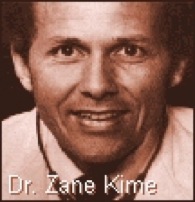
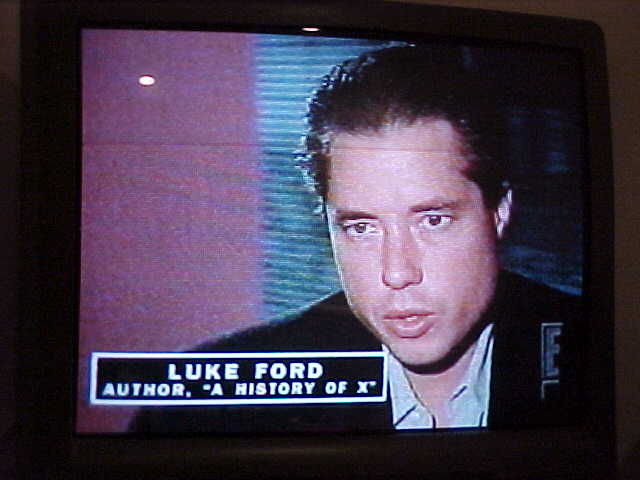




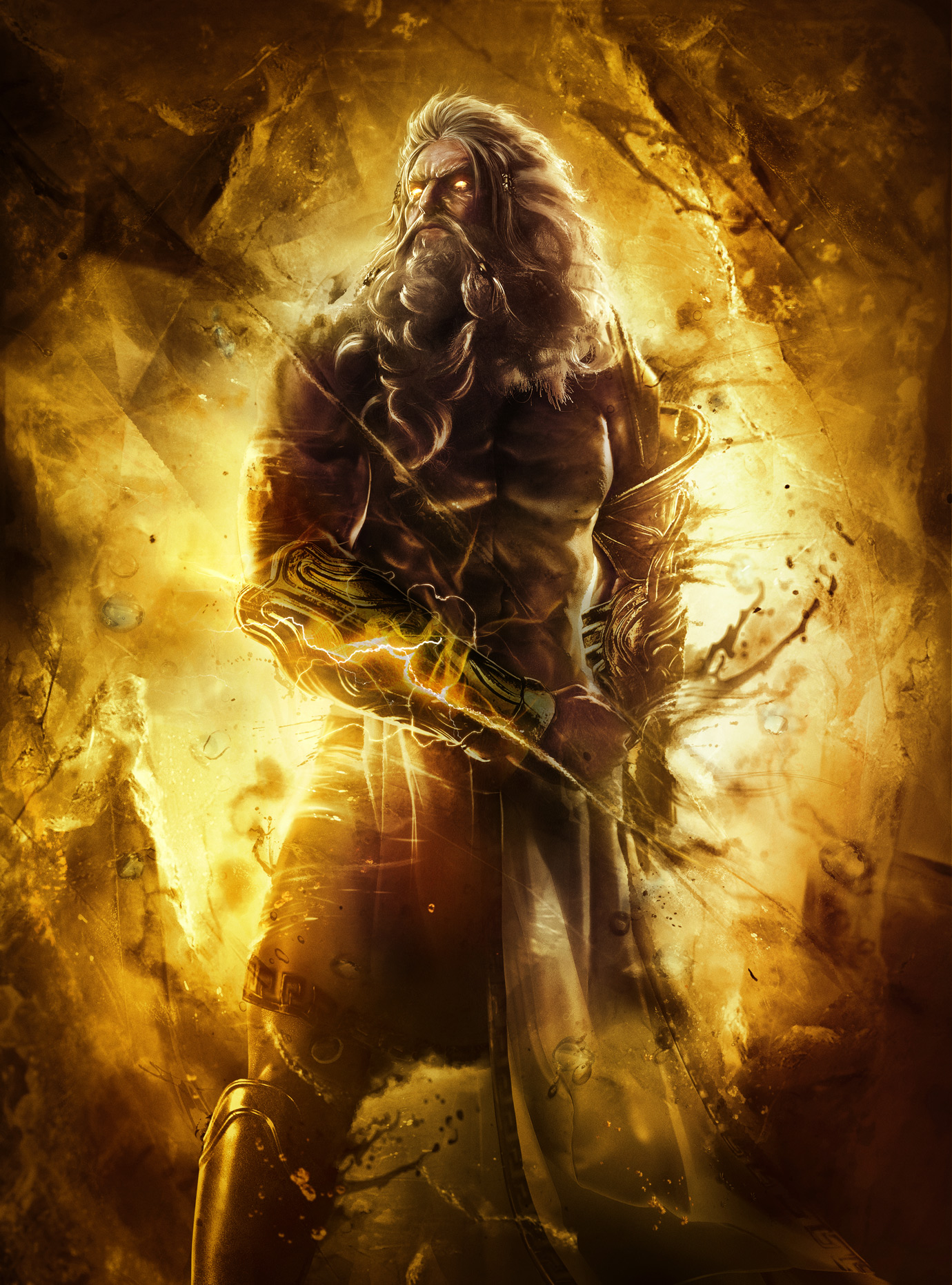
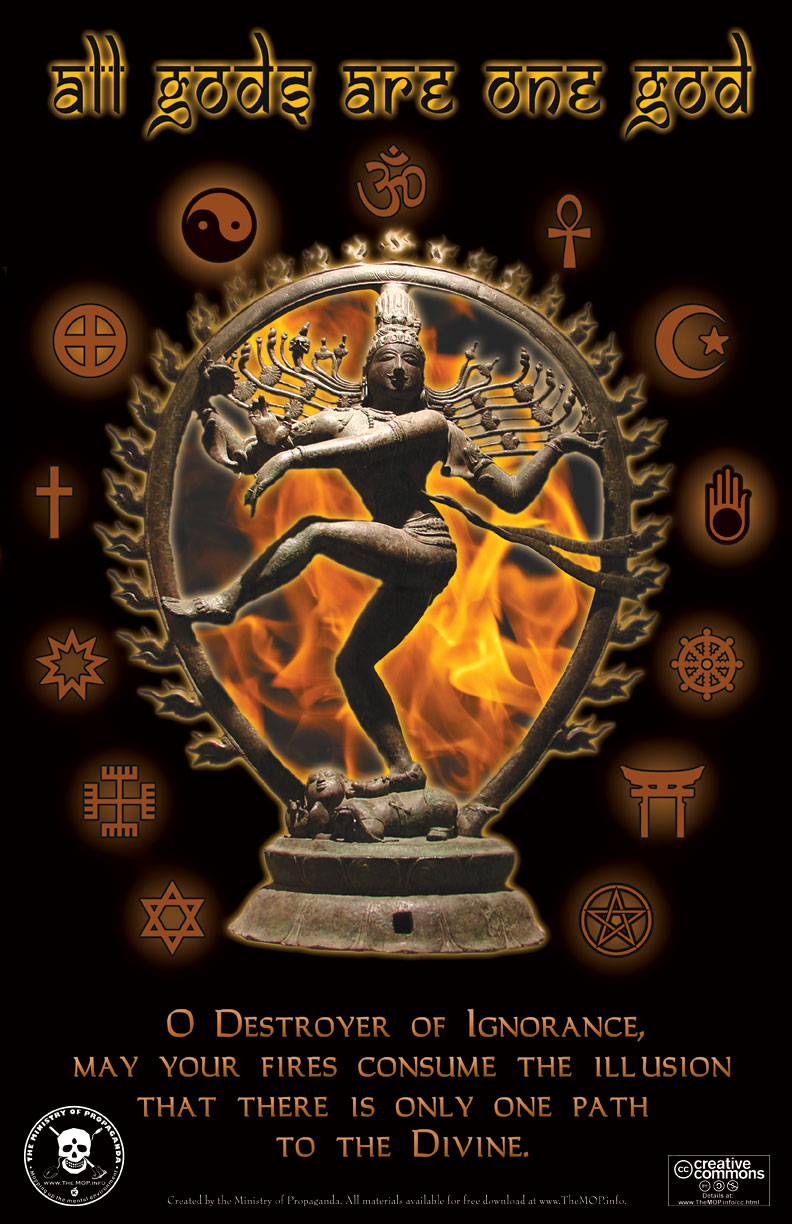


 Posted by
Posted by 

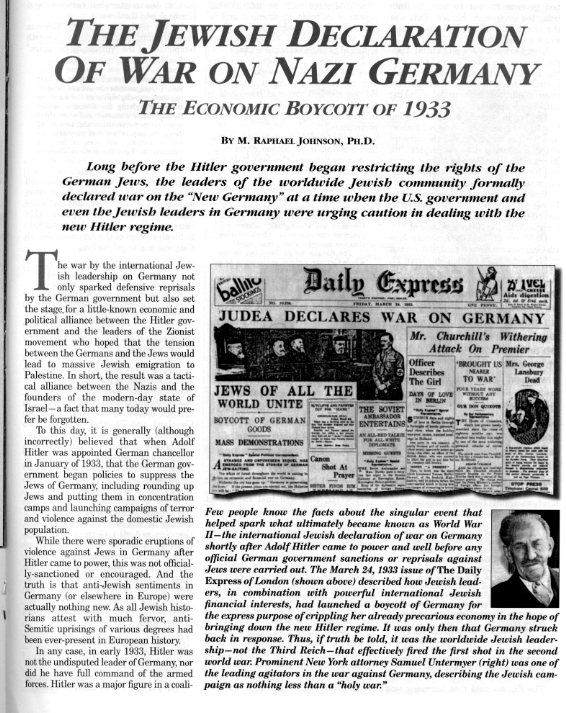








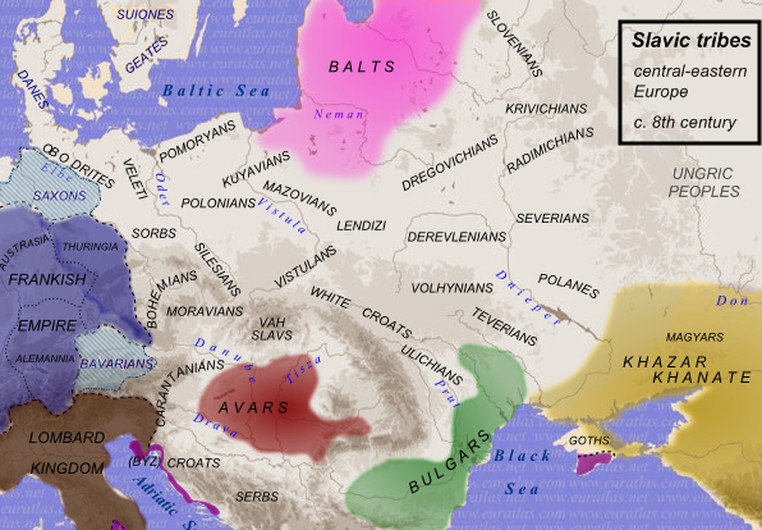

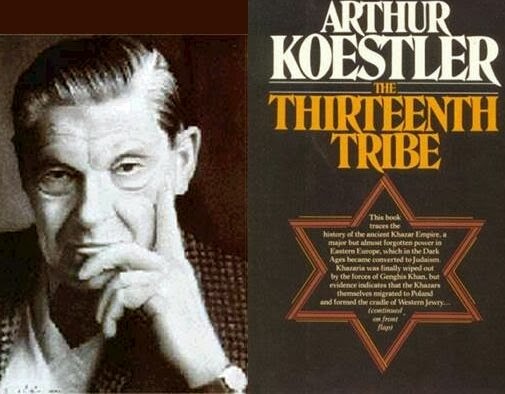













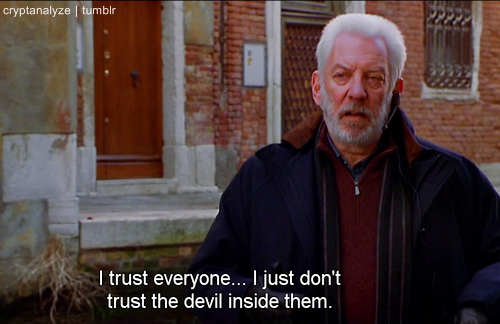





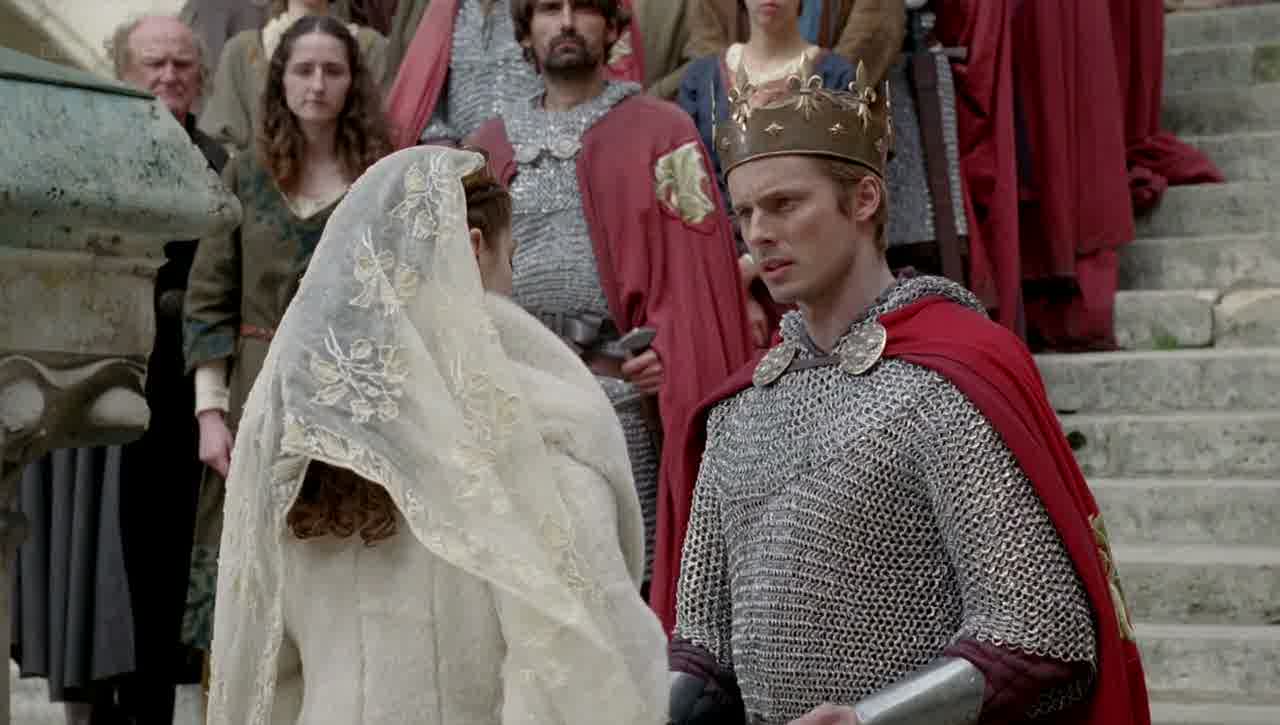





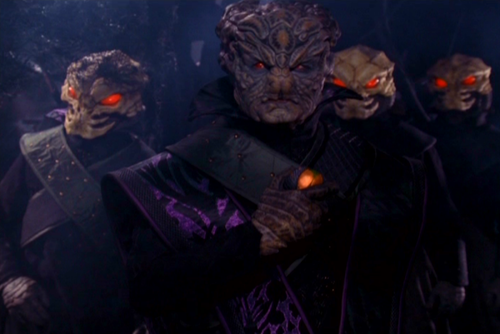










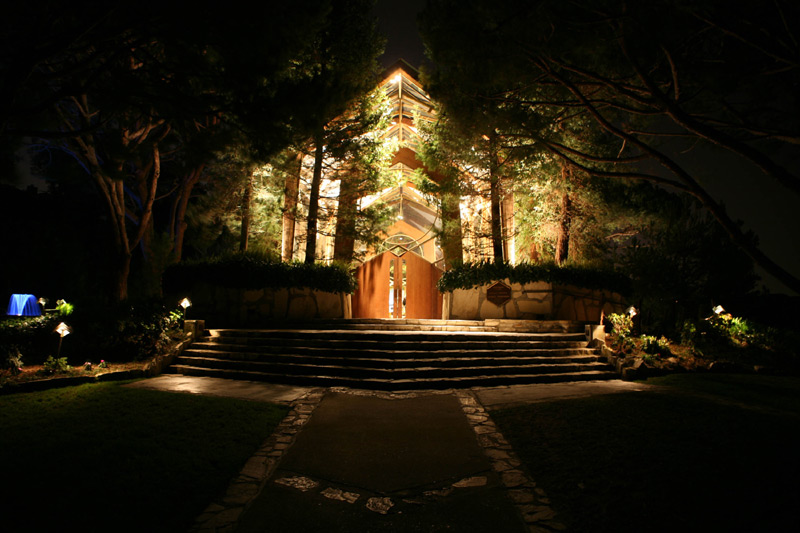






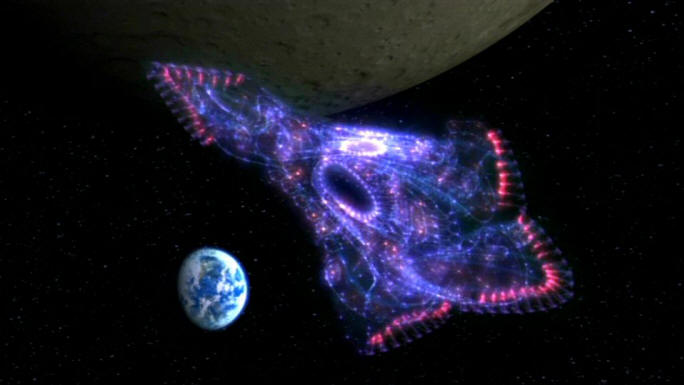








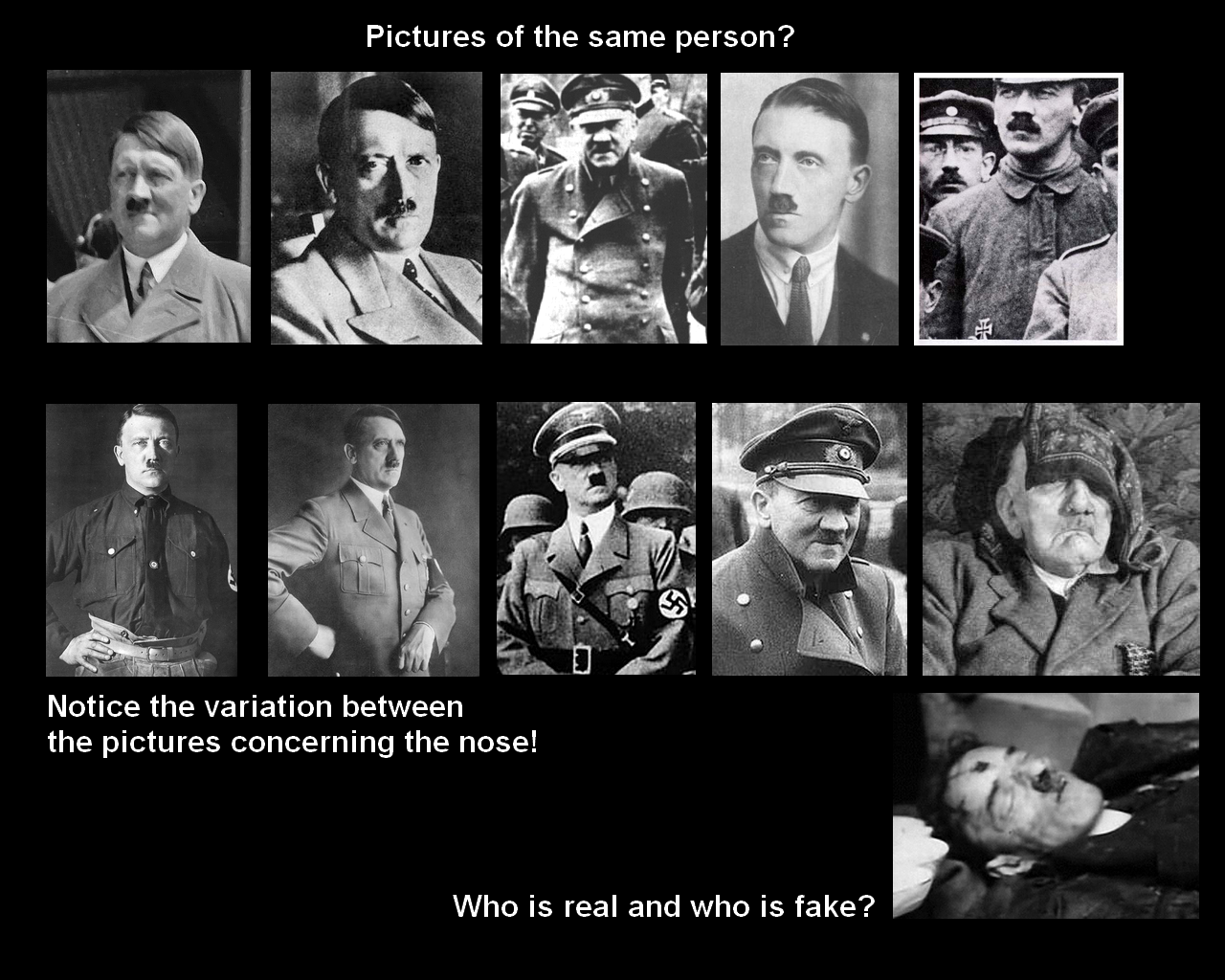






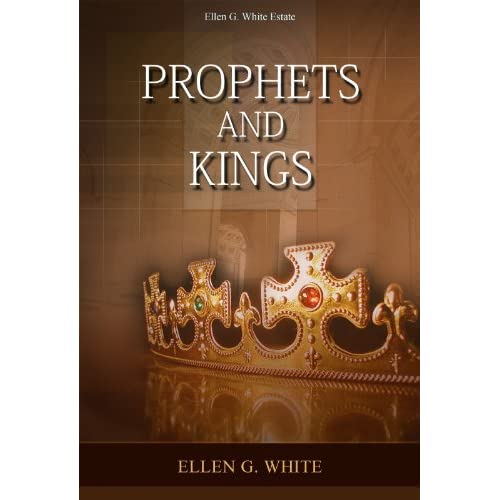







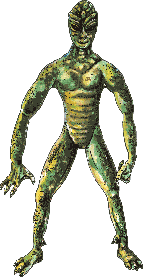


 ?
?